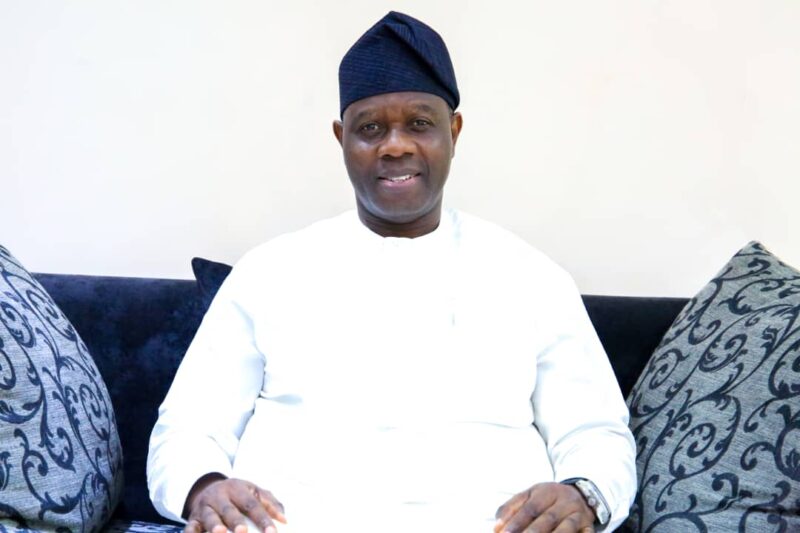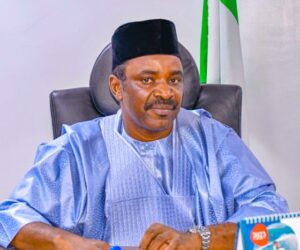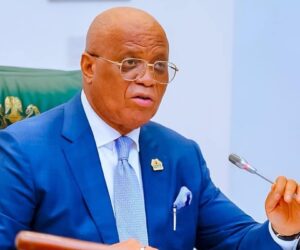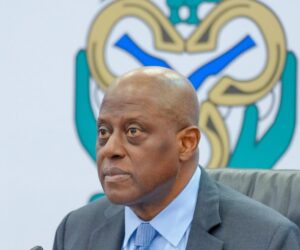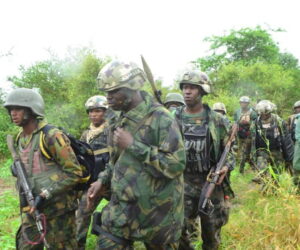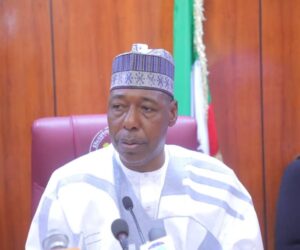Hon. Gbenga Makanjuola, former Deputy Chief of Staff to ex-Senate President Dr. Bukola Saraki, two-term member of the House of Representatives for Irepodun/Isin/Ekiti/Oke-Ero Federal Constituency, and one-time deputy governorship candidate in Kwara State, is now a chieftain of the All Progressives Congress (APC).
Speaking with journalists shortly after the APC Stakeholders’ Meeting in Ilorin, he reflected on his journey from the PDP to the APC, rated Governor AbdulRahman AbdulRazaq’s performance, and addressed insecurity, local government autonomy, and the party’s readiness for 2027. He also gave his perspective on the 10th National Assembly and President Bola Ahmed Tinubu’s two years in office among other national issues. Excerpts:
What moved you to dump your former party, the PDP, for the APC?
SPONSOR AD
My decision to join the APC was informed by a deep conviction to contribute meaningfully to the growth of Nigeria and Kwara under a progressive platform. I saw in the APC a people-oriented, reform-driven party committed to development under President Bola Ahmed Tinubu and Governor AbdulRahman AbdulRazaq.
It was not for personal interest but to align with the aspirations of my people, who overwhelmingly support the APC. As you know, all politics is local. More so, I am not the only one bearing the name Gbenga Makanjuola. Thousands of supporters share that identity ideologically and believe in my leadership. Whatever they decide becomes my interest because leadership is about collective will, not individual ambition.
What can you say about Governor AbdulRahman AbdulRazaq’s administration in the last six years?
Governor AbdulRahman AbdulRazaq has demonstrated visionary and pragmatic leadership. His focus on education, healthcare, road infrastructure, entrepreneurship support, and youth empowerment has transformed Kwara State into a model of inclusive governance.
His humility, accessibility, and service-oriented style have restored people’s confidence in government. This is not an administration about merry-making, but about results. The Governor deserves commendation, and he still has much more in stock for the state. He needs our collective support and encouragement.
How prepared is your party, APC, ahead of the 2027 elections in Kwara?
The APC in Kwara remains the party to beat. Our achievements in governance at both federal and state levels speak for themselves. Opposition parties like the PDP and ADC are free to contest, but we are confident that our performance, unity, and grassroots support will give us an edge. Politics is about the people, and the people of Kwara have consistently reposed their trust in the APC.
The reported cases of insecurity in Nigeria, especially in Kwara State, are alarming. What do you think is the way out?
It is a fact that insecurity remains one of the most pressing challenges confronting our nation. I am aware of the tremendous efforts being made by our security agencies across board. It is our collective responsibility to encourage intelligence gathering, while the government must also boost the morale of our personnel at the battlefront.
For Kwara and other affected states, the solution lies in a multi-pronged approach: strengthening community policing, improving intelligence gathering, investing in modern security technology, and addressing root causes such as poverty, unemployment, and lack of education.
In most cases of banditry and kidnapping, there are informants within the communities. People must collaborate and expose these elements among them. With synergy between federal and state governments, coupled with local community participation as we are witnessing, we can drastically reduce this menace.
As a former member of the National Assembly, how will you assess the 10th Assembly?
As a two-term member of the House of Representatives, and one who worked closely with the leadership of the National Assembly, I understand the enormous expectations Nigerians place on the legislature.
The 10th National Assembly has started on a modest but steady note. We have seen interventions in critical areas such as economic reforms, security, and oversight of government agencies. However, Nigerians expect more vibrancy and responsiveness. The legislators must continue to strengthen their independence while working harmoniously with the executive to deliver good governance.
What is your position on local government autonomy in Nigeria?
The Constitution already grants autonomy to local governments, but implementation remains a challenge. I strongly support genuine autonomy because local governments are closest to the people. Effective administration at that level will promote rural development, create jobs, and reduce the burden on state governments. My hope is that political will is demonstrated to actualize this provision without further delay.
What is your view on the proposal to conduct all elections in a single day?
The idea has both merits and demerits. On one hand, it saves cost and reduces fatigue associated with staggered elections. On the other, it may overstretch INEC and security agencies. Personally, I believe Nigeria can gradually move in that direction if we strengthen our electoral processes, logistics, and technology to ensure credibility and efficiency.
What is your opinion on the proposed salary increase for political office holders?
While I understand the need to review remuneration from time to time, I believe that at this critical period, the priority should be alleviating the hardship faced by ordinary Nigerians. Any discussion about salary increases for political office holders must be handled with caution and sensitivity.
The focus should first be on improving the welfare of civil servants, farmers, artisans, and the general populace. Leadership is about sacrifice, and this is an area where political leaders must lead by example.
Finally, what is your take on President Bola Ahmed Tinubu’s administration in the last two years?
President Bola Ahmed Tinubu has demonstrated uncommon courage in taking bold policy decisions necessary for the long-term stability and growth of our nation. The removal of fuel subsidy and the harmonization of the exchange rate, though initially painful, are steps towards resetting our economy for sustainable development.
On infrastructure, social investment, security, and renewed diplomacy, we are beginning to see gradual progress. While challenges remain, it is clear that the President is laying a solid foundation for the future. Whether he deserves a second term is for Nigerians to decide, but if the current trajectory is sustained and deepened, the administration will surely earn the trust of Nigerians for continuity.

